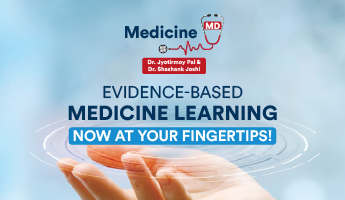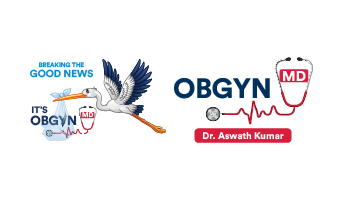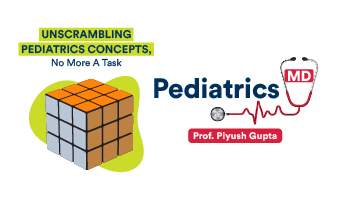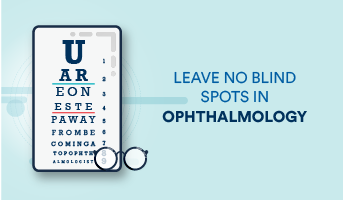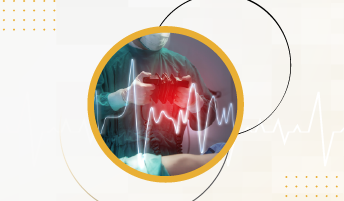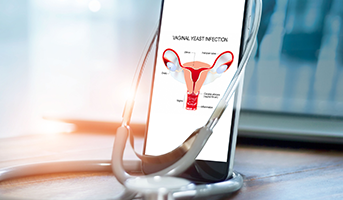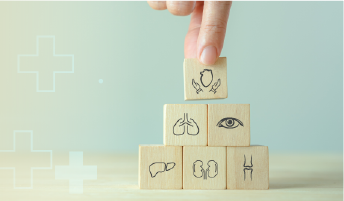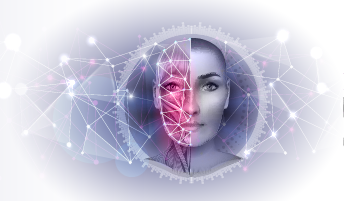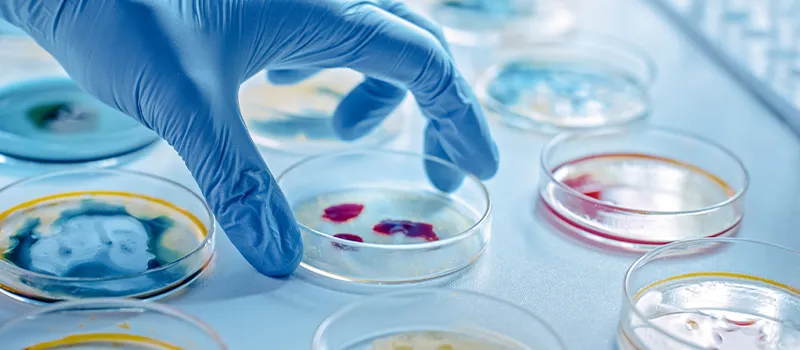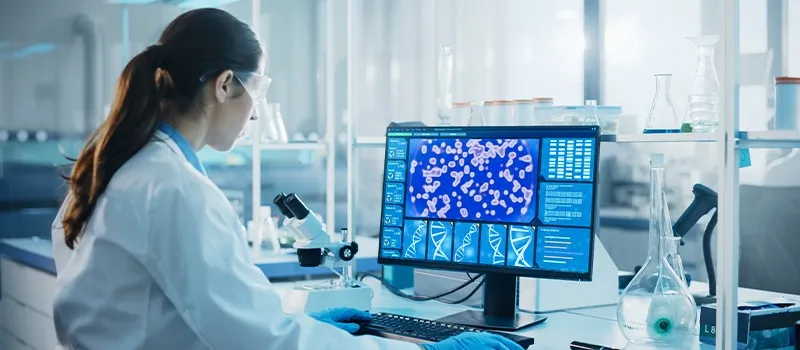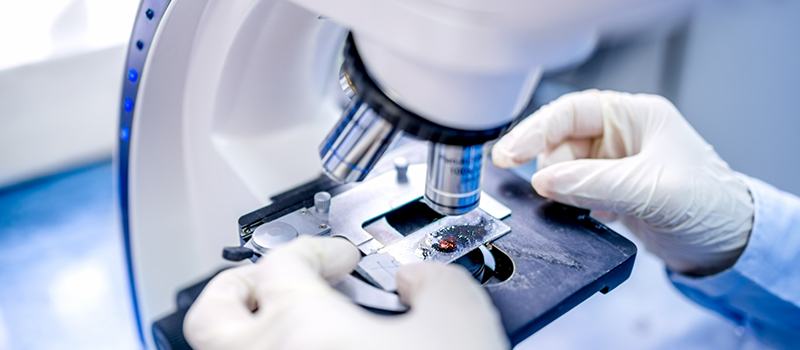

Understanding the Basics of Microbiology for MBBS Students
Microbiology is a branch of science that deals with the study of microorganisms, which are microscopic living organisms such as bacteria, viruses, fungi, and protozoa. The study of microbiology is a fundamental component of the MBBS programme, offering a basis for diagnosing, treating, and preventing infectious illnesses.Microbiology is usually taught to medical students as part of their preclinical curriculum, and the skills they acquire in this area are useful in both their clinical education and practise. It offers the cornerstone for comprehending the pathophysiology, aetiology, and treatment of infectious illnesses.
The subfield of microbiology known as “medical microbiology,” concentrates exclusively on the study of microorganisms with medicinal significance. Understanding infectious illnesses, their origins, transmission, and the development of preventive and treatment techniques are all made possible by this discipline. Especially, after the Covid-19 outbreak and increased cases of antimicrobial resistance, this subject holds great significance.
Understanding microbiology basics is highly crucial in medical sciences as it provides insights into the causes of infectious diseases and their management. It holds great significance in the diagnosis and prevention of infectious diseases, learning pathophysiology and mechanism of action of illnesses, discovery and development of antimicrobial drugs, improving outcomes, spreading awareness, and ultimately, improving human health and life expectancy.
Here are some fundamental concepts in microbiology that are typically covered in MBBS programs:
- Microorganisms: There are several categories of microorganisms, such as fungi, bacteria, viruses, protozoa, and helminths. Every group contributes to different infectious illnesses and has unique traits.
- Bacteria: Single-celled microorganisms, bacteria can be categorised according to their staining properties, morphology, and organisation. Diagnosing and treating bacterial illnesses need an understanding of the structure, metabolism, and reproduction of bacteria.
- Virus: Viruses are not regarded as living entities since they are not able to perform metabolic functions on their own. They are smaller than bacteria. Their reproduction is dependent upon host cells. Numerous ailments, from the ordinary cold to more serious conditions like HIV/AIDS, are linked to viruses.
- Fungi: Yeasts and moulds are examples of eukaryotic microorganisms or fungi. Fungal infections are a prevalent illness in those with impaired immune systems and can affect any area of the body.
- Protozoa: These single-celled eukaryotic creatures are responsible for a number of illnesses, including amoebic dysentery and malaria. Diagnosis and treatment of protozoa depend on knowledge of their life cycles and traits.
- Public Health Implications: Microbiology has a big impact on public health. It is essential to the creation of public health initiatives, the prevention of disease, and the management of outbreaks.
Let’s understand some key aspects of Medicinal Microbiology:
Pathogenic Microorganisms: The field of medicinal microbiology focuses on the study of bacteria, viruses, fungi, and parasites—microorganisms that cause illnesses in humans. Diagnosing and treating infectious illnesses require an understanding of these organisms’ traits and behaviours.
Disease Pathogenesis: Researchers in medicinal microbiology examine the processes by which microbes induce illness. This involves being aware of the ways in which infections infiltrate host tissues, sidestep the immune system, and create poisons that exacerbate illness symptoms.
Host-Pathogen Interactions: A key component of medical microbiology is comprehending how microbes and the host’s immune system interact. The development of medicinal therapies and vaccinations depends on this understanding.
Antimicrobial Agents: The characteristics of antimicrobial agents, such as antibiotics, antivirals, antifungals, and antiparasitic medications, are studied by medicinal microbiologists. This covers their pharmacokinetics, resistance mechanisms, and modes of action. Treating infectious disorders requires an understanding of the mechanisms of action and appropriate administration of antimicrobial medicines, such as antibiotics, antivirals, and antifungals.
Diagnostic Microbiology: This field studies the characterisation and identification of the microbes that cause diseases. Pathogens are isolated and identified using methods including culture, staining, and molecular techniques. In addition, the field of microbiology encompasses a range of diagnostic methods, including the culture of microbes, microscopy, serology, and molecular methods such as Polymerase Chain Reaction (PCR), which are employed to detect and describe infectious pathogens.
Epidemiology: Understanding the epidemiology of infectious illnesses is a critical aspect of medicinal microbiology. This entails monitoring the frequency, distribution, and incidence of illnesses within communities in addition to figuring out risk factors and ways in which they spread. An essential component of microbiology is the study of infectious disease transmission and management in populations. Studying the trends, origins, and consequences of illnesses in populations is the focus of epidemiology.
Immunology: Medical microbiology relies heavily on immunological ideas. Designing vaccines and immunotherapies is aided by knowledge of how the immune system reacts to infections. Microbiology and immunology are closely connected fields of research that focus on the immune system. Understanding immunology is essential to comprehending how vaccinations function and how the body fights against illnesses.
Vaccinology: By researching the antigens and immune responses connected to various infections, medicinal microbiologists aid in the development of vaccines. Immunisations are essential in the fight against infectious illnesses.
Infection Control: Medical microbiology concepts serve as the foundation for the development of strategies aimed at stopping the spread of infections in hospital environments. This covers practises such as using personal protective equipments, sterilising hands, and maintaining good hand hygiene.
Emerging Infectious disorders: The field of medicinal microbiology keeps an eye on and responds to newly discovered infectious disorders. This entails looking into the beginnings of new infections and creating plans to stop their spread.
Medicinal microbiology is an interdisciplinary field that intersects with clinical medicine, immunology, pharmacology, and public health. The knowledge and research in this field contribute significantly to the understanding and management of infectious diseases, playing a critical role in the advancement of healthcare and the development of effective therapeutic and preventive measures.
Resources to Study Microbiology in MBBS
There are various resources to study microbiology in MBBS. It includes books, e-books, video lectures, medical learning apps, youtube video lectures, chat shows, live webinars, and more.
The recommended books to study microbiology for medical students include Essentials of Medical Microbiology by Apurba Sastry & Sandhya Bhat, Review of Microbiology and Immunology by Apurba Sastry & Sandhya Bhat, and Self-Assessment & Review of Microbiology & Immunology by Rachna Chaurasia & Anshul Jain.
Must Read: Best Books for MBBS 2nd Year
You can study microbiology online by enrolling in the Microbiology for UnderGrads Course. Through this course, you will get to learn from India’s top microbiology faculty and eminent author, Dr. Apurba Sastry, along with Dr. Sandhya Bhat and Dr.Deepashree R. There are two sections to the course, one is General Microbiology, Immunology, and Hospital Infection Control and other is Systemic Microbiology. It contributes to the development of a strong foundation for undergraduate theoretical and practical abilities.The lectures use a case-based methodology that is bolstered by topical discussion to eliminate the requirement for several book references. Clinical, radiological, histological, and gross pictures are included in the lectures’ abundant illustrations, along with flowcharts, tables, and boxes for comprehension and quick retention.The basics of microbiology are greatly explained in the General Microbiology section of the course which includes the following topics:
- Introduction and History
- Microscopy
- General Bacteriology
• Bacterial Taxonomy
• Morphology and Physiology of Bacteria
• Laboratory Diagnosis of Bacterial Infections
• Bacterial Genetics
• Antimicrobial Agents and Antimicrobial Resistance
• Pathogenesis of Bacterial Infections|
• Overview of Bacterial Infections - General Virology and Overview of Viral Infections
- General Parasitology and Overview of Parasitic Infections
- General Mycology and Overview of Fungal Infections
- Normal Human Microbiota
- Epidemiology of Infectious Diseases
Frequently Asked Questions (FAQs):
Q1. How to study microbiology online?
Ans. You can study online by enrolling in a good online microbiology course. DigiNerve’s Microbiology for UnderGrads course is among the best courses available online. You can also learn from YouTube video lectures, live webinars, chat shows, e-books, articles, and more.
Q2. Can you suggest some best books for microbiology for medical students?
Ans. The recommended books to study microbiology for medical students include Essentials of Medical Microbiology by Apurba Sastry & Sandhya Bhat, Review of Microbiology and Immunology by Apurba Sastry & Sandhya Bhat, and Self-Assessment & Review of Microbiology & Immunology by Rachna Chaurasia & Anshul Jain.
Q3. What is the significance of microbiology subject in MBBS?
Ans. The microbiology subject holds great significance in MBBS as it provides insights into the causes of infectious diseases and their management. This subject is important for understanding infectious diseases, their causes, transmission, and the development of strategies for prevention and treatment. It is crucial in the diagnosis and prevention of infectious diseases, learning pathophysiology and mechanism of action of illnesses, discovery and development of antimicrobial drugs, improving outcomes, spreading awareness, and ultimately, improving human health and life expectancy.
Related post

